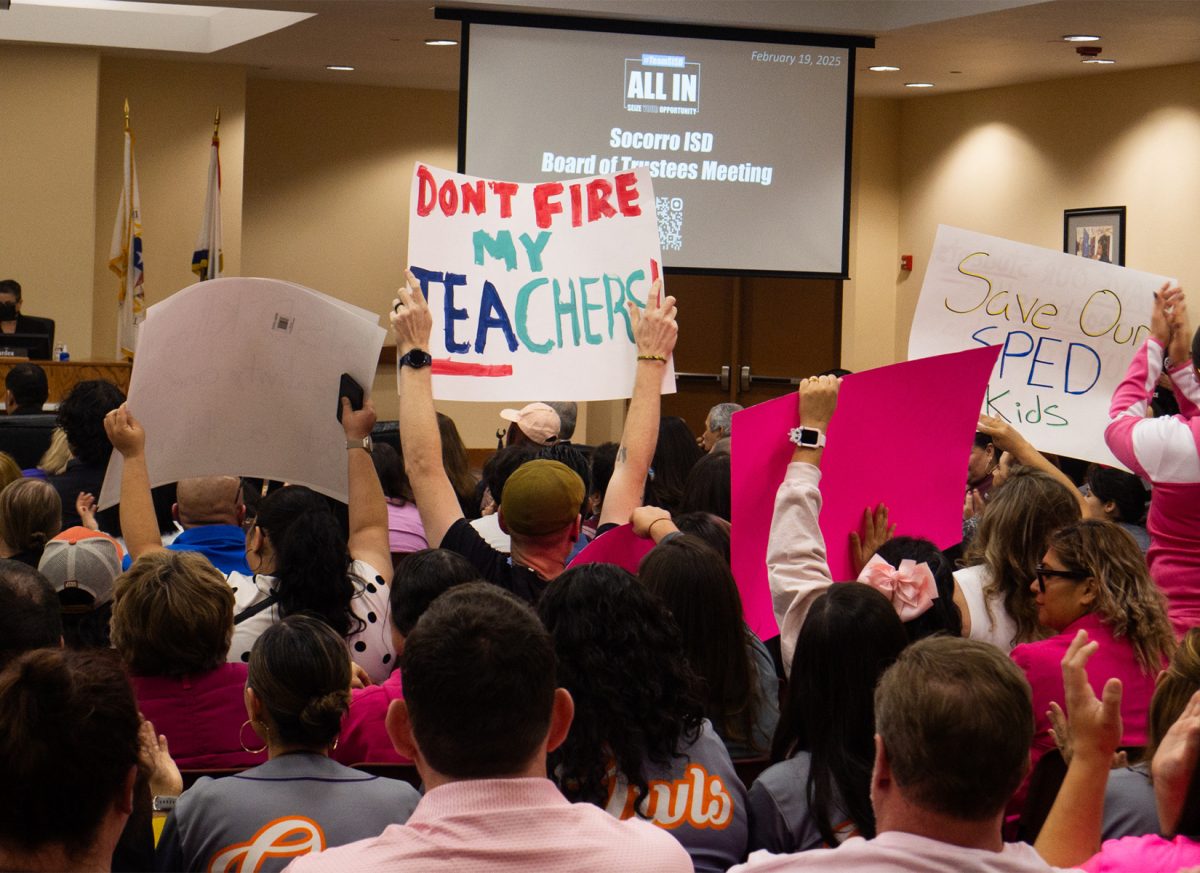Elizabeth II softly sings out onto the hot summer air, spewing notes on the C major pentatonic scale.
“I broke Elizabeth the first. It seemed like a classy name for my classical guitar,” said Tajei Lee Roy Harper, sophomore history major, as he strums his fingers against Elizabeth’s strings. “I could be a vet if I want to. That’s not my passion and I can’t see myself doing that for the rest of my life.”
Elizabeth II is a beauty. On her smooth, sleek, black surface is a taped photograph of Harper smiling with his three siblings above “I love Music” and “I voted” stickers.
In a notebook, “Long live the lord that plays many chords,” is written
in all caps.
Some students such as Harper value passion when pursuing a degree, others such as James Newson, senior engineering major, value job security.
“I like money and I wanted to travel the world. Engineering offered me that opportunity,” Newson said. “I always go back to the issue of money. You hear all the stories of students getting out with tens of thousands of dollars of debt from college—that was something I never
want to experience.”
A recent report by Payscale, a salary information firm, surveyed 68,000 workers and found that liberal arts majors are more likely to be underemployed.
According to the report, 62.4 percent of criminal justice majors felt underemployed, followed by business management and administration, health care administration, general studies, sociology, English, graphic design, liberal arts, education
and psychology.
Poor pay was the biggest reason survey respondents claimed they
felt underemployed.
On the opposite end of the spectrum, science, technology, engineering and mathematics majors had the lowest percentage of underemployed jobs. Six of the 10 majors on the list were in the engineering field.
“You can follow your dream, but you have to live within reality, that’s maybe the best advice I can give to people,” Newson said. “Things can’t always pan out as you hoped.”
Despite the uncertainty that might be attached to non-STEM majors, Harper prefers to study a degree he believes he will enjoy for the rest
of his life.
“I think it’s better to struggle for a couple of years than finding a job you don’t like for the rest of your life,” Harper said. “Nothing in life comes easy, it’s all about the struggle.”
While job prospects for liberal arts majors are dim, that’s not the case for STEM majors such as Newson.
“Within the first five years, 90 percent of engineers get employment,” Newson said. “It’s kind of a ritual among some engineers, after they graduate that they go to a vacation in different parts of the world.”
A separate 2014 college salary report done by Payscale looked at earnings for graduates with
bachelor’s degree.
Of the top 20 colleges, 19 specialized in STEM fields. Harvey Mudd College earned the top spot. An undergraduate from Harvey Mudd College is estimated to earn a beginning salary of $75,000.
UTEP was ranked 292 out of 1,002 in the Payscale report, with an expected earning of $45,600 as an
early-career salary.
Although some reports seem to project job security with STEM fields, some surveys cite unhappiness that can be attached to them.
The Princeton Review 2012 edition of the “Best 376 Colleges” surveyed thousands of college students and published a list of “the least happy students.” Six out of the seven colleges were mainly composed of
engineering students.
In a poll by EE Times, 1,035 engineers revealed that engineers are four times less likely than the average American to be completely satisfied with their jobs.
According to Jorge Marquez, clinical counselor at the UTEP Counseling Center, different factors account for a person’s happiness in a career, including family influence, job security, passion, among others.
If students are struggling with confusion about what career they want to pursue, Marquez encourages them to visit the Counseling Center for
career counseling.
“Our role is to make sure we discussed every factor possible. In the end we’re just hoping the student is able to learn how to make these decisions. So they make the decision that they think is best for them,” Marquez said.
Maria Esquinca may be reached at [email protected].






